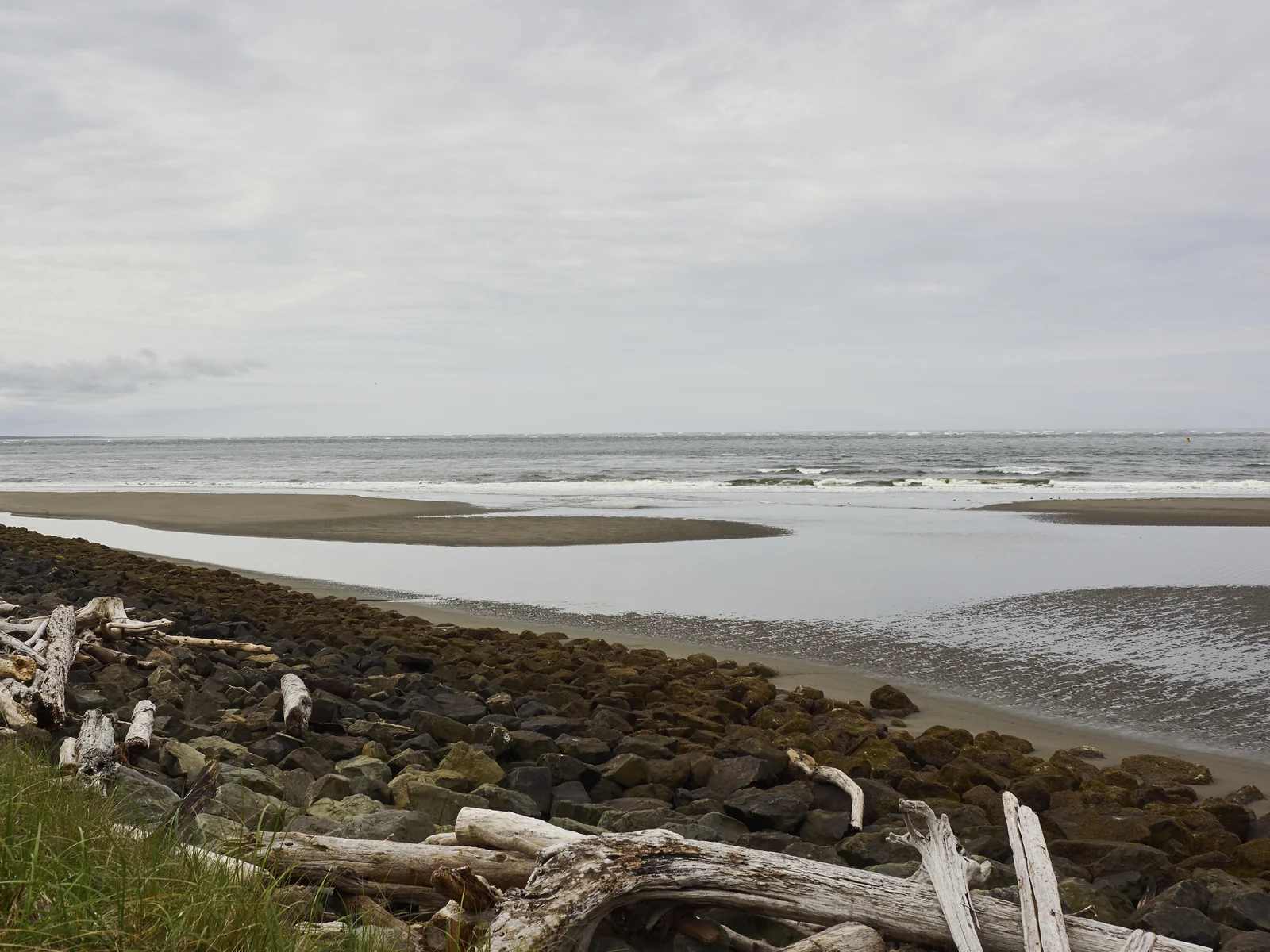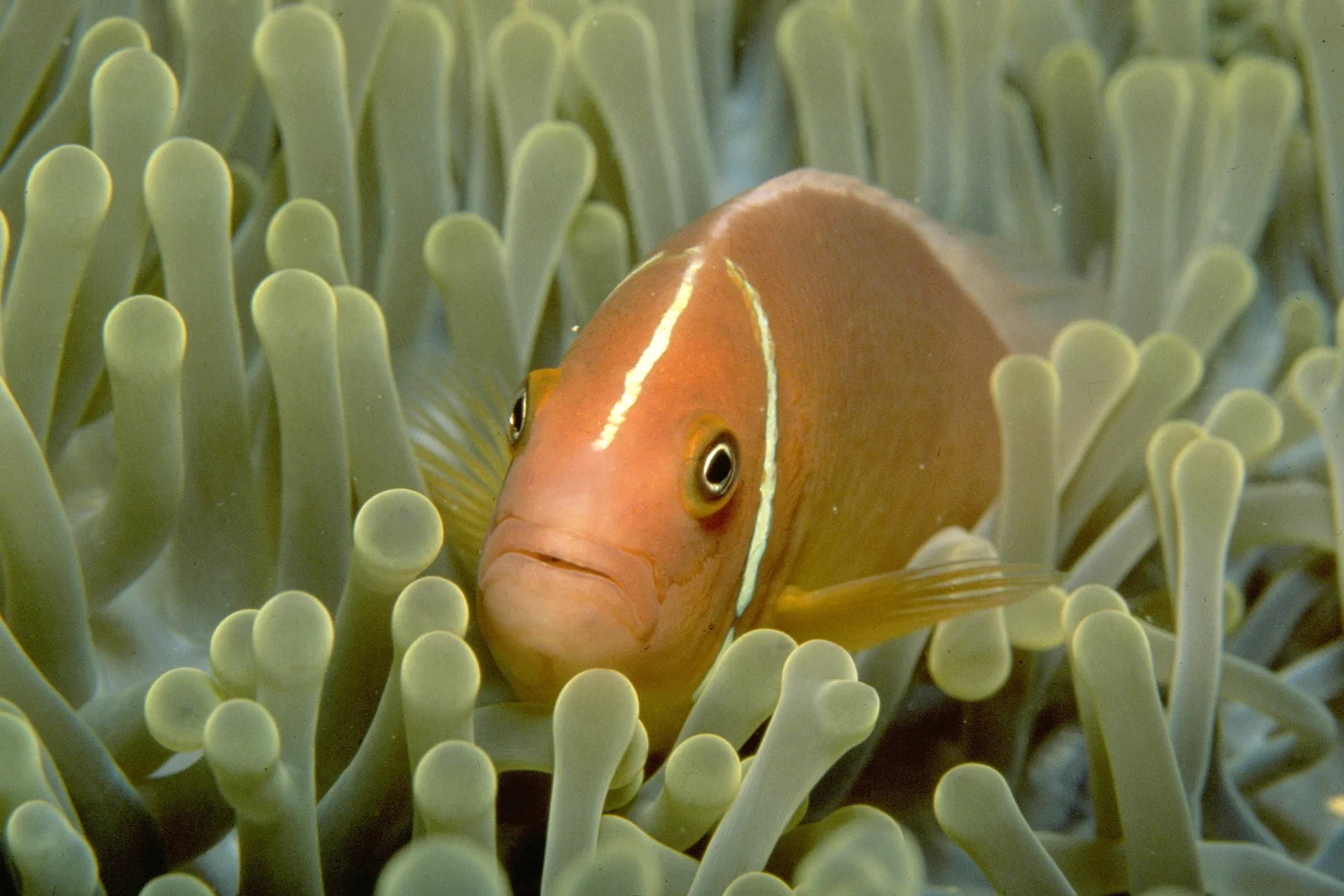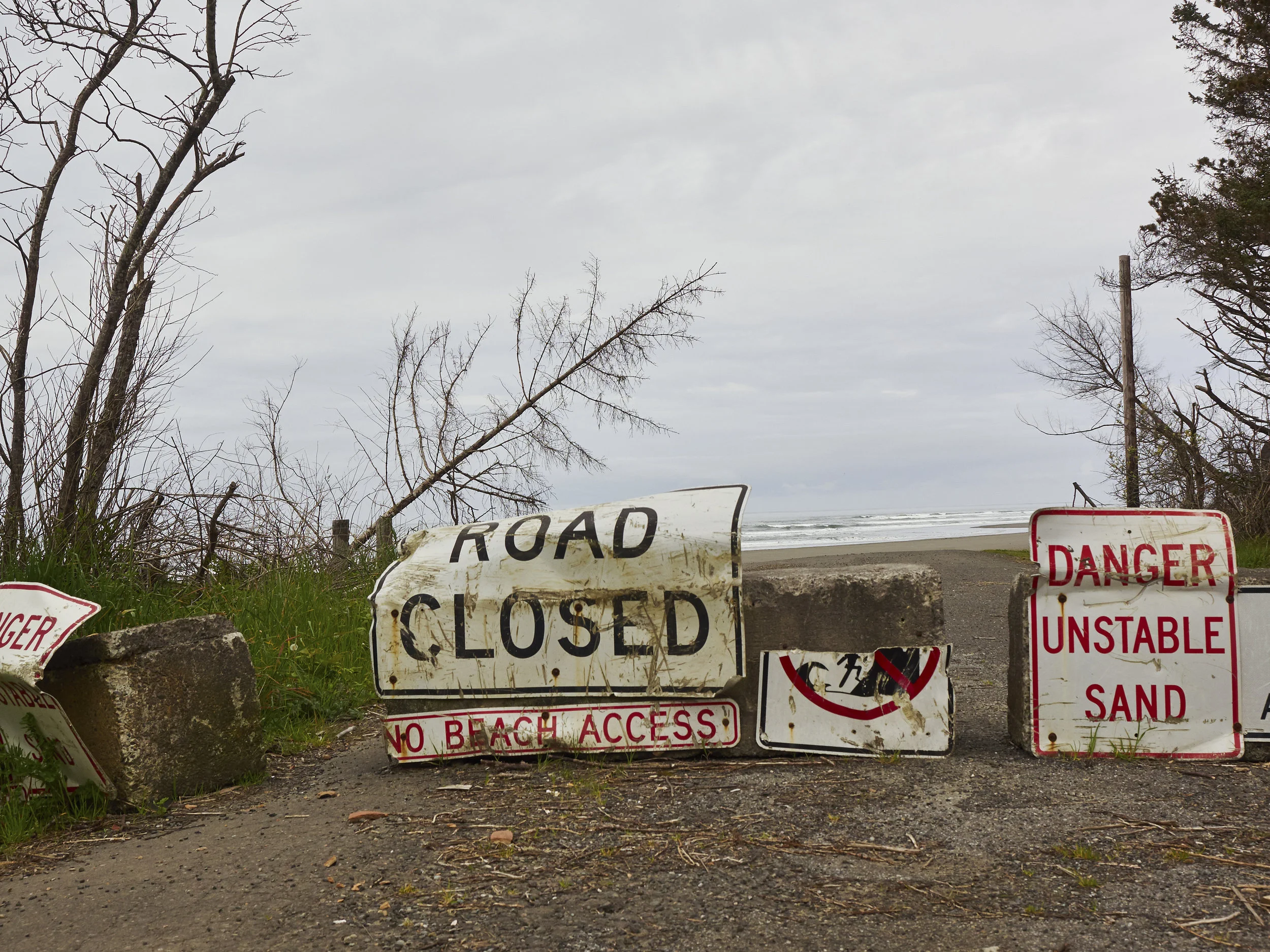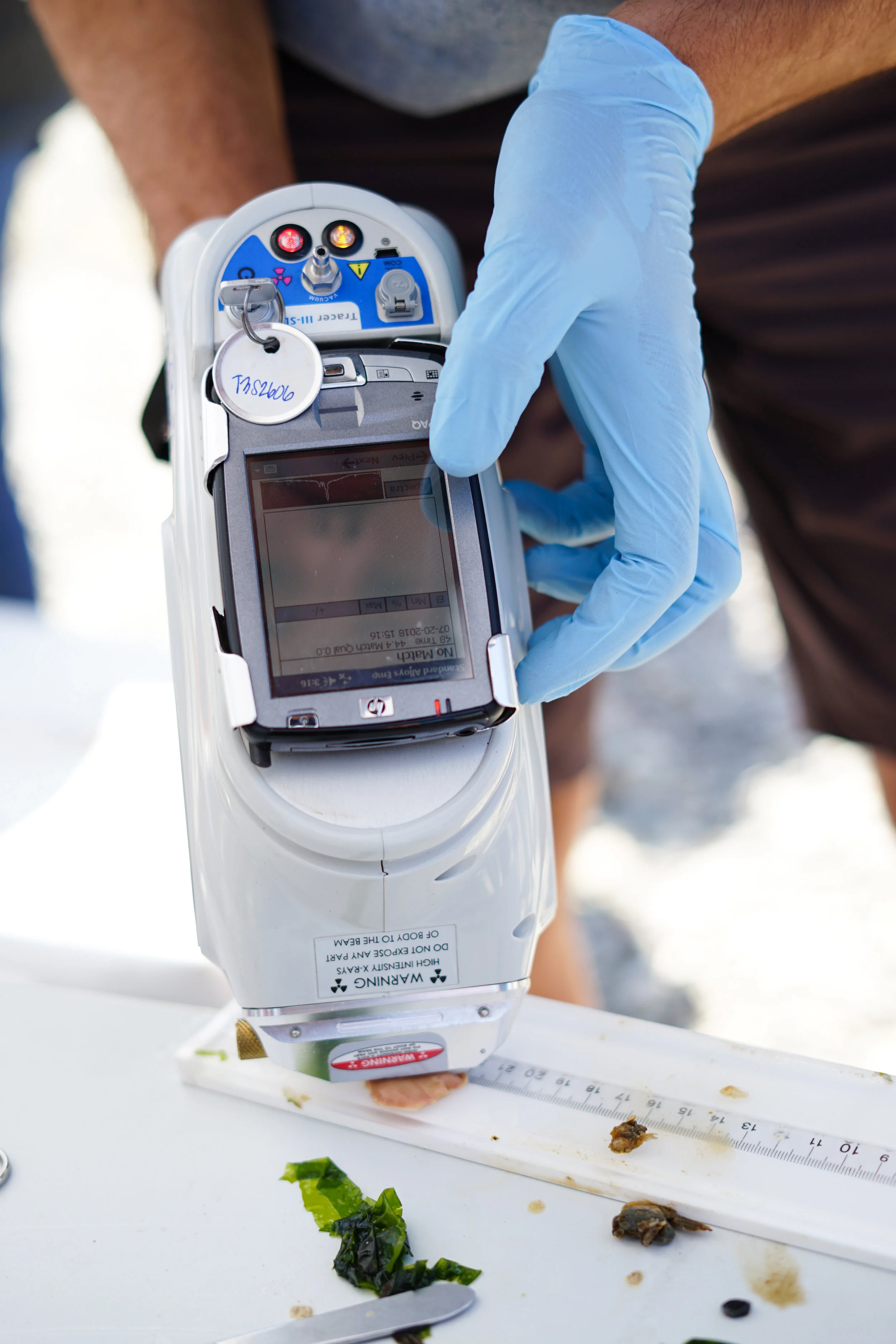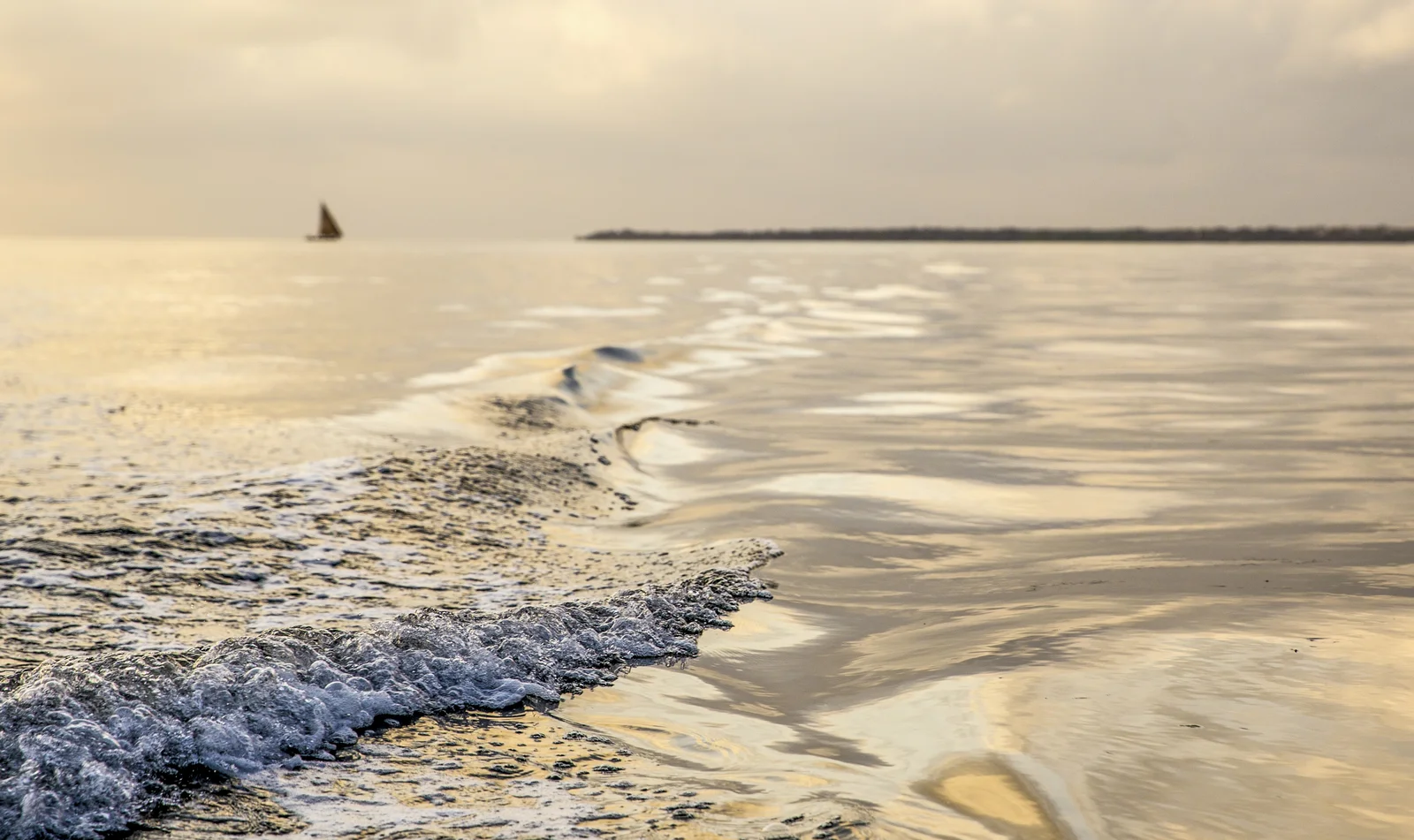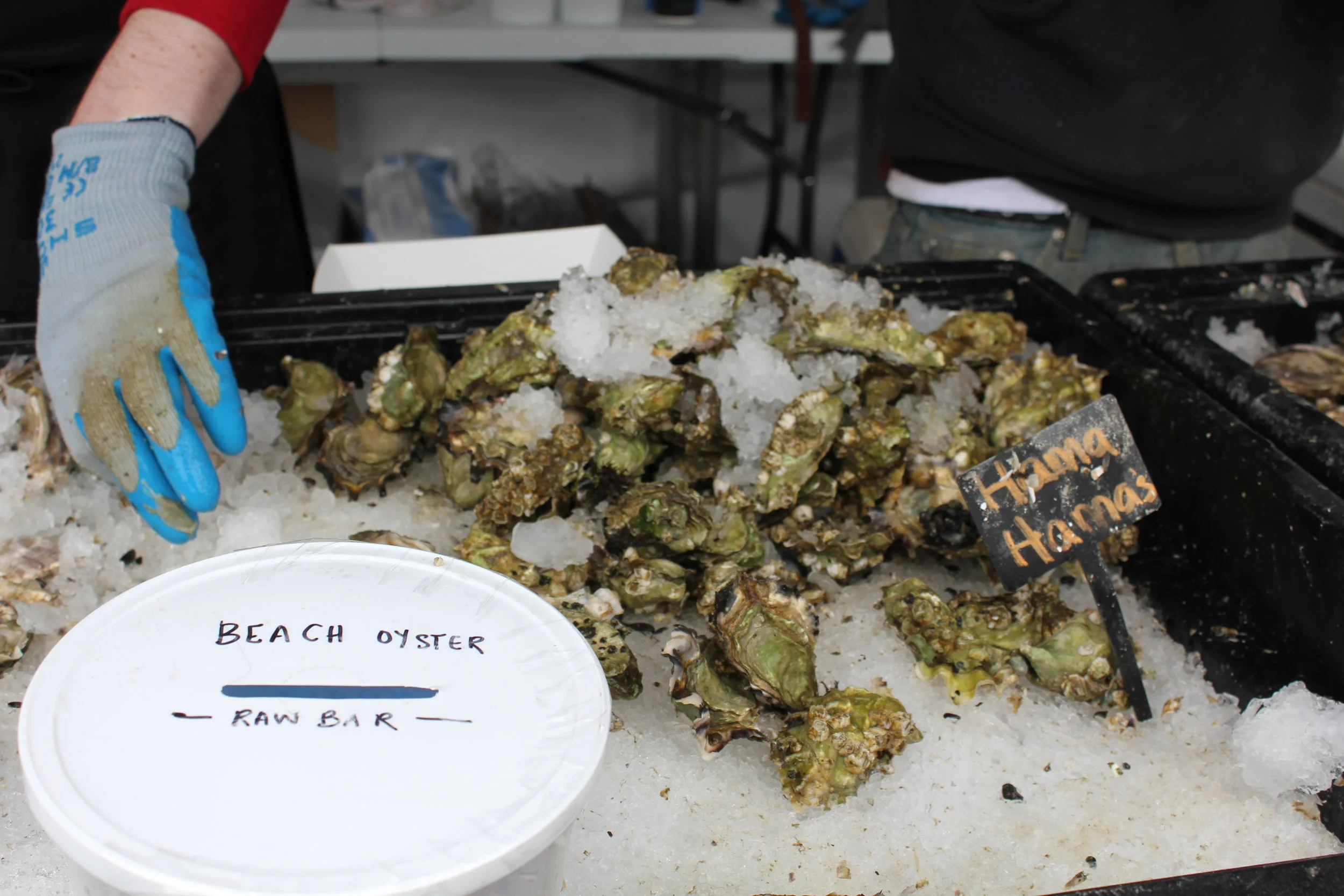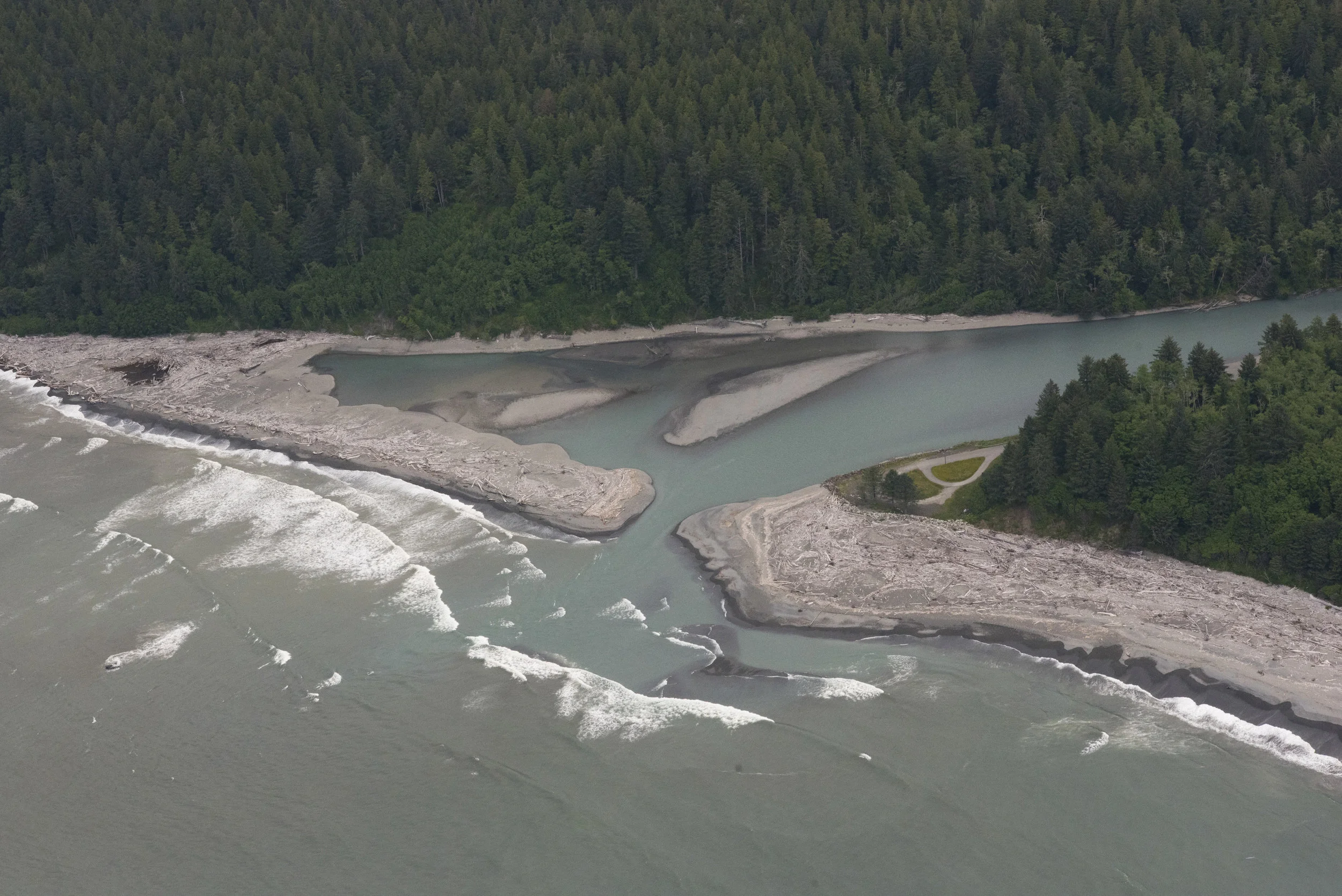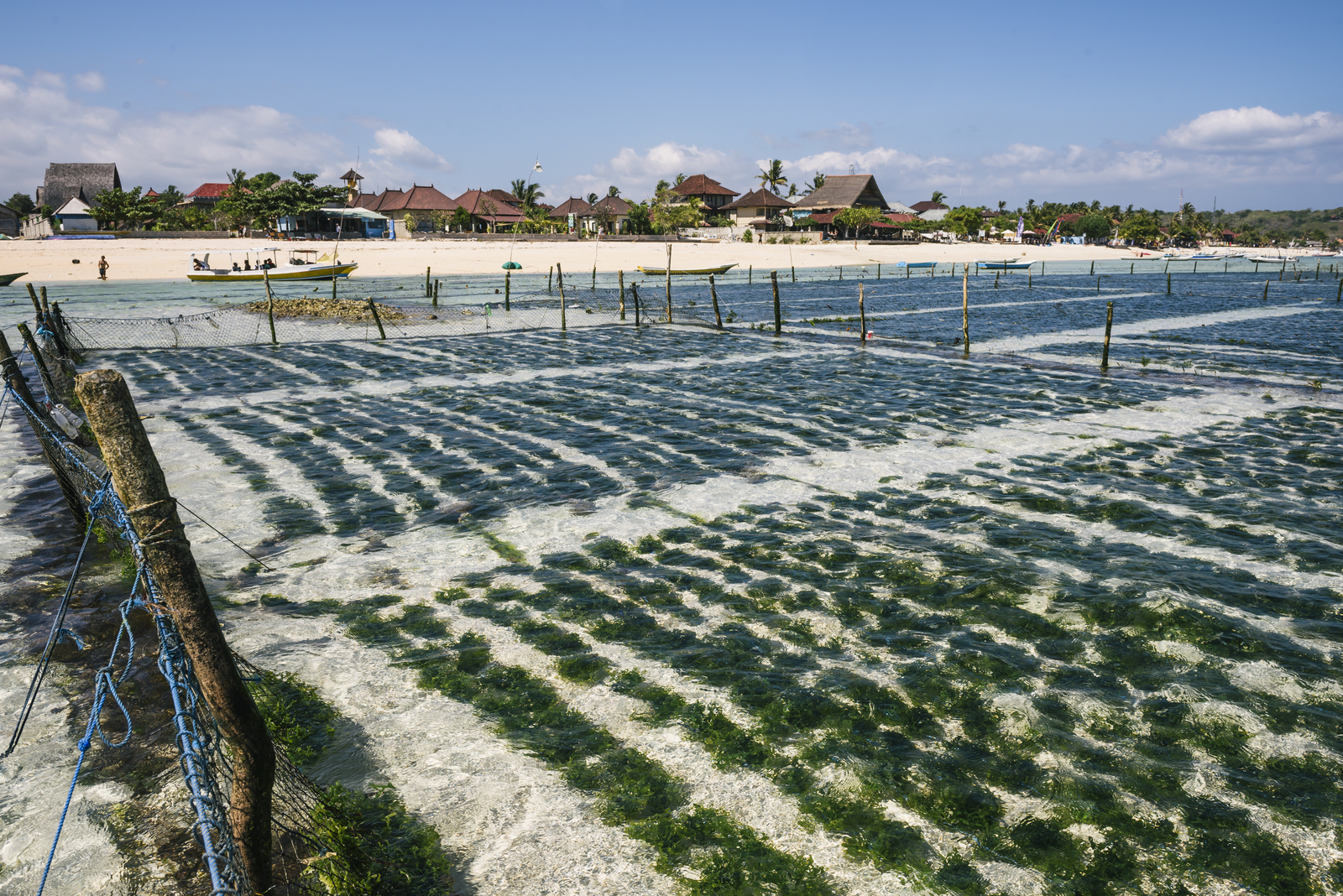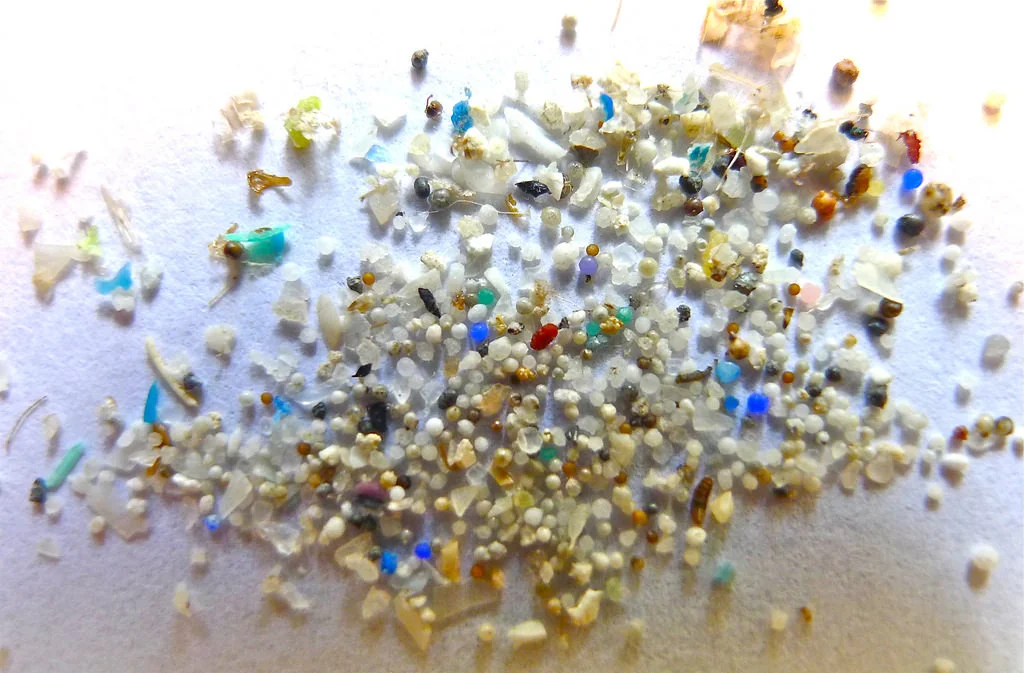Orcas are part of Washington’s identity. For millennia, they have been culturally and spiritually significant to coastal tribes and communities, and they are a keystone species in the Puget Sound marine ecosystem. Despite this enduring legacy, however, the local Southern Resident pods are among the most at-risk marine mammals in the world. Today, only 74 whales remain in this group.
A new partnership between NOAA Fisheries, The Nature Conservancy and global genomics leader BGI will dive deeper into the science behind these iconic animals, sequencing their genome to unravel threats to their survival and support dedicated recovery efforts already under way. This is one of the first attempts to sequence the entire genome of nearly every member of an endangered wildlife population.
We know that the threats to these orcas include noise and other disturbances from boat traffic, chemical contaminants in Puget Sound and, crucially, a scarcity of Chinook salmon, which is their primary food source. Genome mapping can further our understanding, helping determine how suspected inbreeding may affect their survival.
“The plight of the endangered orcas has convinced us we can make a difference for their recovery,” said Yiwu He, CEO of BGI Groups USA in Seattle. “We want to bring science to bear to provide the information necessary to recover the whales in the long term.”
Researchers at BGI will analyze the full genome sequences of more than 100 living and deceased Southern Resident whales using previously collected samples. The DNA sequences will be compared to those of a growing Alaska population of killer whales provided by the North Gulf Oceanic Society (Homer, Alaska). Initial results are expected sometime next year.
The genetic information will support an effort by NOAA Fisheries in partnership with the SeaDoc Society to develop individual health profiles for each whale, which will also help document trends or factors affecting the whole population. Results will help scientists at NOAA Fisheries’ Northwest Fisheries Science Center develop strategies that complement ongoing recovery efforts while The Nature Conservancy brings experience and insight to rapidly implement new and novel approaches.
“This partnership between conservation science and advanced biotechnology expands the knowledge we have to diagnose problems with our environments and iconic species and opens up new possibilities for innovative solutions,” said Phil Levin, lead scientist for The Nature Conservancy in Washington and a Professor of Practice at the University of Washington. “Emerging technology allows us to think differently about the problems facing Puget Sound and offers new hope for imperiled species and habitats.”



